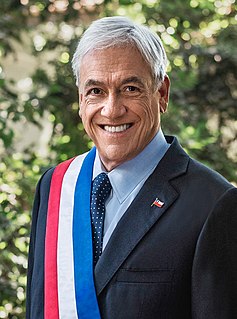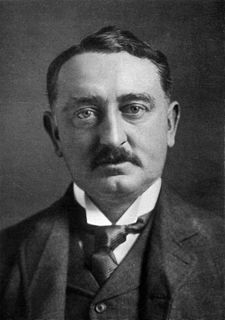A Quote by Marc Benioff
Philanthropy can be integrated into business. I believe strongly that companies can be incredible agents of good in the world.
Related Quotes
People believe that companies have always had strategies, dating back at least to likes of Henry Ford or Andrew Carnegie, maybe to the contractors who built the Pyramids. As it turns out, it was only in the 1960s and 1970s that a new breed of "business intellectuals" began to develop the intellectual framework that allowed companies to look at the three "C's" of any good strategy - namely their costs, customers, and competitors - in an integrated way.
Businesses must reconnect company success with social progress. Shared value is not social responsibility, philanthropy, or even sustainability, but a new way to achieve economic success. It is not on the margin of what companies do but at the center. We believe that it can give rise to the next major transformation of business thinking.
People are very good [at] thinking about agents. The mind is set really beautifully to think about agents. Agents have traits. Agents have behaviors. We understand agents. We form global impression of their personalities. We are really not very good at remembering sentences where the subject of the sentence is an abstract notion.
I'm amazed by the potential of more companies employing integrated philanthropic initiatives at earlier stages in their life cycle. What if this were done on an even more massive scale? Consider what would happen if a top-tier venture-capital firm required the companies in which it invested to place 1% of their equity into a foundation serving the communities in which they do business.
Some people would argue the other side: that the business of business is business, and companies should only be focused on profits. But in today's world, I don't think corporations can only be focused on profits, because they are inextricably linked with the communities that they serve. I do not believe you can be a leader in your industry without being a leader in your community. It's a fundamental shift in how you think about business.





























